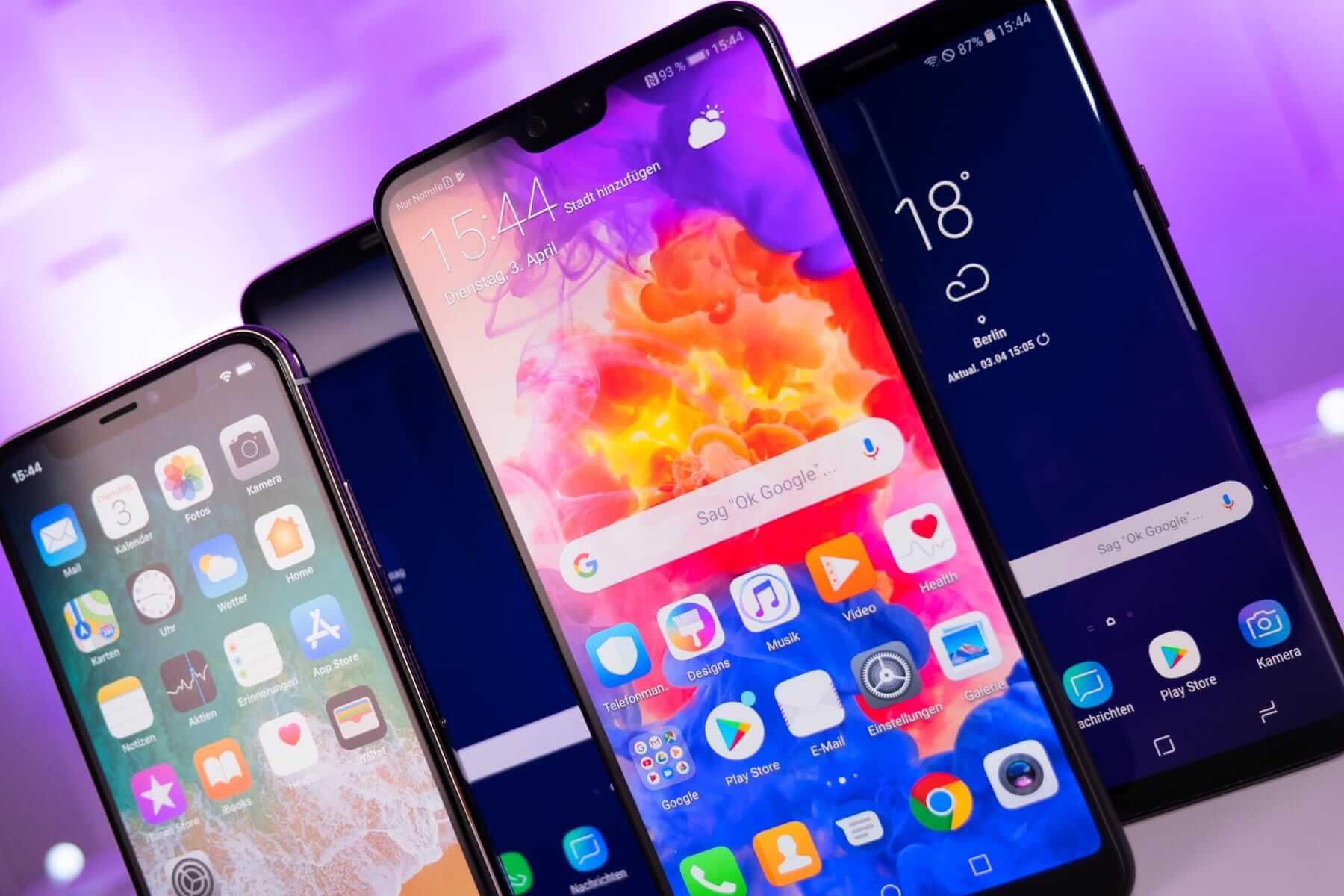Smartphones: How They Have Revolutionized Our Lives

The smartphone has become one of the most widely used consumer electronic devices today. From enabling communication on the go to serving as mini computers in our pockets, smartphones have radically transformed how we live, work and interact with the world.
Communication at Your Fingertips
One of the most fundamental ways in which smartphones have changed our lives is through always-on connectivity. Being able to make calls, send text messages and access social media from anywhere using just your phone has empowered us with unprecedented mobility. Whether it's staying in touch with friends and family or conducting business meetings on the go, smartphones have made real-time communication simple and seamless.
Gone are the days when we had to scramble to find a landline or payphone. Smartphones have allowed us to be reachable 24/7 through cellular networks and WiFi. Features like group chats and multimedia sharing via apps like WhatsApp and Snapchat have taken social interactions to a whole new level. Overall, smartphones have put powerful communication tools in our palms, allowing us to stay connected from anywhere in the world.
A Mini Computer in Your Pocket
Beyond just calls and texts, smartphones have increasingly taken on the role of miniature computers that we can access wherever we are. Smartphones come packed with powerful processors, large touchscreen displays, onboard storage and various input methods that allow us to browse the web, stream multimedia, run productivity apps and much more from our phone alone.
Many people now rely on their Smartphones as their primary device to check emails, get work done using Office apps, stream music and videos, navigate places, shop online and manage finances anywhere. Smartphones have made computing personal, portable and always within arm's reach. Their ability to run full-fledged apps has transformed once standalone devices like digital cameras, GPS systems and music players into features built into a single device.
Apps Driving Innovation
The rise of third-party app stores by companies like Apple and Google has taken smartphone capabilities to new heights. Today there are millions of apps available for every need - from utility apps and social networks to games, education and more. New apps are constantly being developed to make our lives more productive and enjoyable.
Apps have made activities like shopping (Amazon, Flipkart), hailing cabs (Ola, Uber), browsing jobs (LinkedIn, Indeed), learning new skills (Coursera, Udemy), logging fitness (Strava, Apple Health), managing finances (Paytm, Google Pay) and more incredibly convenient on smartphones. Some apps like WhatsApp, Facebook and YouTube have themselves become integral platforms that people use daily.
The competitive app ecosystem has also spurred companies to innovate regularly and add new experiences through software. Features like augmented reality, artificial intelligence integration and advanced cameras are being introduced via app updates, taking full advantage of new smartphone capabilities. Overall, third-party apps have empowered smartphones beyond their hardware and changed how we accomplish various everyday tasks.
Ubiquitous Photography and Sharing
Smartphone cameras have come a long way, rivaling dedicated point-and-shoot cameras in quality. Today's smartphones sport multiple high-resolution cameras capable of capturing photos and videos rivaling entry-level dedicated cameras. Their portability makes them the default choice for snapping memories on the go.
Combined with always-online connectivity and social networks, smartphones have also revolutionized how we share photos. Instead of uploading photos from a computer later, people can now instantly share photos to social networks from the phone itself. Many casual photographers now rely solely on smartphone cameras instead of separate devices. Features like portrait modes, night photography capabilities and more are continuously enhancing mobile photography.
Smartphone Enabled Lifestyles
Our deep dependence on always-connected smartphones embedded with powerful apps and computing capabilities has also changed lifestyle trends. Many young professionals now prefer working remotely using their smartphone as the primary device. Online education and learning have boomed with portability and connectivity.
On the flip side, overdependence and tech addiction are also issues that researchers are exploring. The ability to access the online world from anywhere has also blurred boundaries between work and personal life for many. Overall though, smartphones represent how mobile connectivity and computing are redefining key aspects of modern lifestyles and social interactions in fundamental ways.
Smartphones have emerged as essential computing devices that people rely on for both personal and professional needs on a daily basis. Their capabilities ranging from ubiquitous connectivity, powerful app-based experiences and advanced cameras have revolutionized how we communicate, work, learn, capture and share memories in the digital era. As smartphone technology continues to get smarter and more integrated with our lives, they will likely displace many other standalone devices and transform existing paradigms at an even faster pace in the coming years.
For more details on the report, Read- Smartphones
- Art
- Causes
- Crafts
- Dance
- Drinks
- Film
- Fitness
- Food
- Игры
- Gardening
- Health
- Главная
- Literature
- Music
- Networking
- Другое
- Party
- Religion
- Shopping
- Sports
- Theater
- Wellness
- IT, Cloud, Software and Technology


